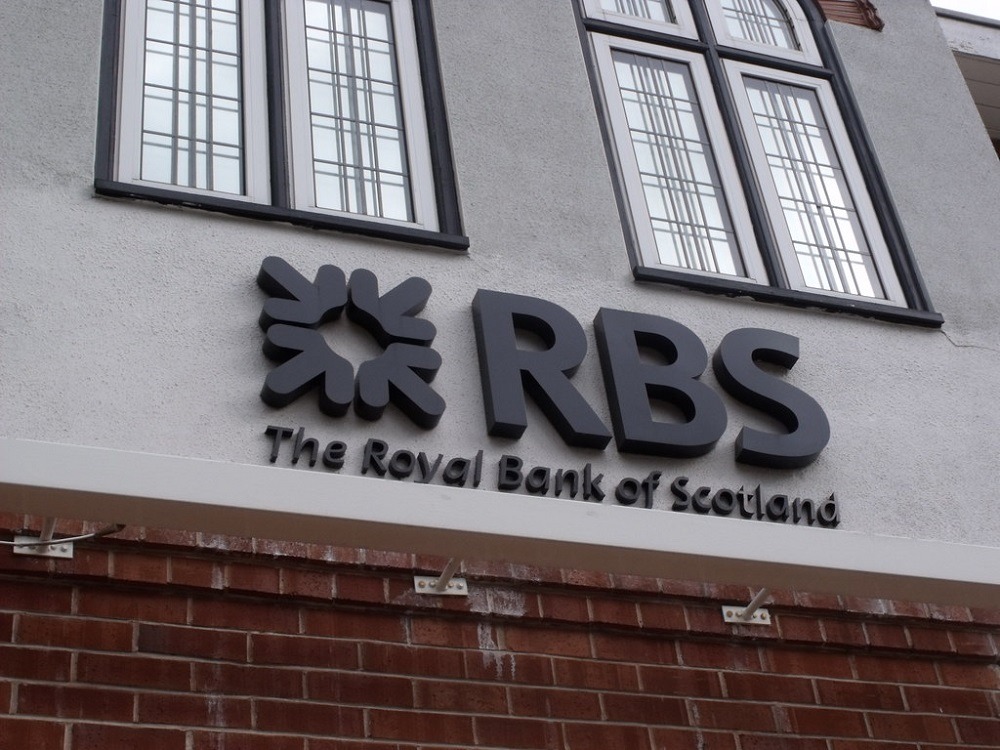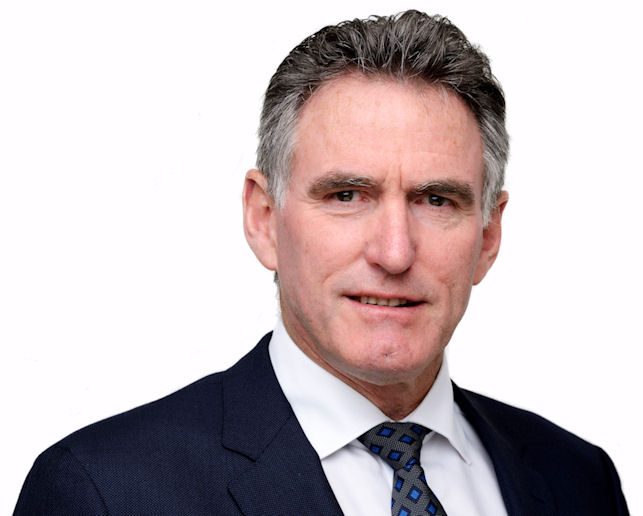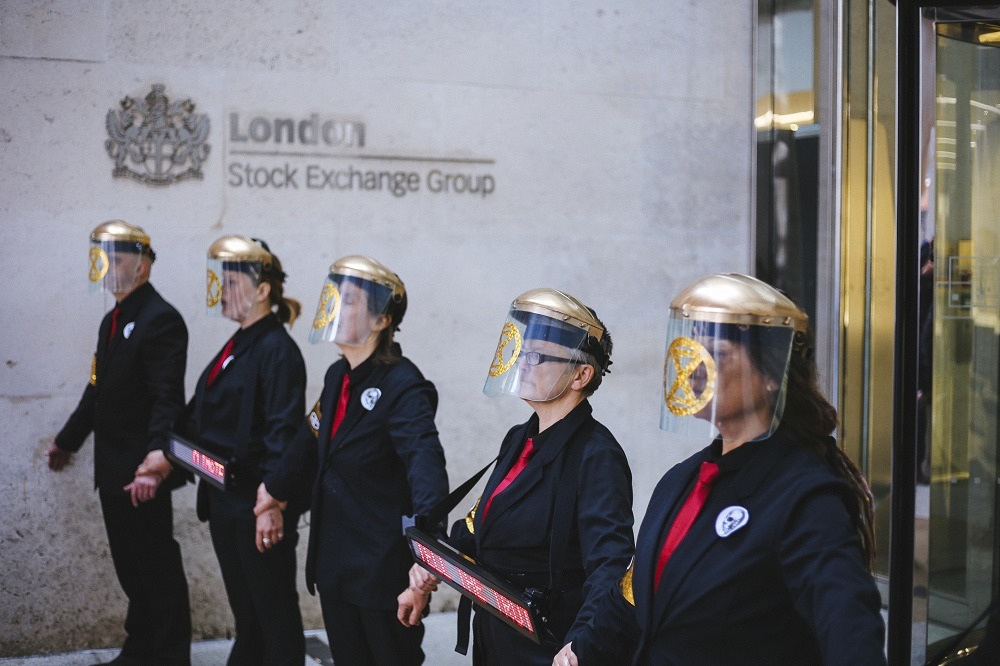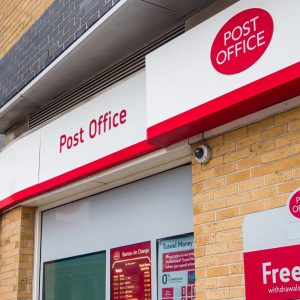
Royal Bank of Scotland (RBS) has today revealed a dip in profits for the first three months of this year, a day after the bank’s boss handed in his resignation.
Ross McEwan will step down as CEO within the next 12 months once a successor has been appointed, saying it is the “right time” to quit the role after almost six years in charge.
Net profit at RBS fell to £707m for the first quarter, down from £808m in the previous year, while operating profit dropped from £1.21bn in 2018 to £1.01bn.
Mr McEwan said: “This is a solid set of results set against a highly uncertain and competitive backdrop.
“We continue to support our customers through this Brexit uncertainty while investing and innovating in digital services to meet rapidly changing customer needs.”
Brexit uncertainty hits Royal Bank of Scotland profits
RBS, which is 62% owned by the UK government following a bailout, attributed the performance to “ongoing UK economic uncertainty”, warning the continued impact of Brexit would likely make income growth “challenging” in the near term.
To offset these financial pressures, the bank is targeting a £300m cost reduction over the course of this year, and achieved a £45m decrease towards this goal in the first quarter.
Gross mortgage lending stood at £7.6bn for the period, while net loans to customers reached £150.6bn.
RBS further noted that 73% of its personal current account customers are now regularly using digital means to engage with their finances.
Royal Bank of Scotland boss hands in resignation
The financial results come just a day after the RBS chief executive handed in his notice, having been at the head of the institution since 2013.

It was a surprise announcement, and one that will have caught shareholders off-guard ahead of the bank’s AGM, which was held at its Edinburgh HQ yesterday afternoon.
In a statement, Mr McEwan said: “After more than five and a half very rewarding years, and with the bank in a much stronger financial position, it is time for me to step down as CEO.
“It has been a privilege to lead this great bank and to have worked with some really outstanding people in the process.
“It is never easy to leave somewhere like RBS. However, with much of the restructuring done and the bank on a strong and profitable footing, I have delivered the strategy that I set out in 2013, and now feels like the right time for me to step aside and for a new CEO to lead the bank.”
RBS AGM targeted by climate change protestors
Meanwhile, the bank’s AGM was targeted by Extinction Rebellion climate change protesters yesterday, as part of a day of demonstrations directed at UK financial institutions.
Activists staged a rally outside the RBS headquarters in Gogarburn, Edinburgh to draw attention to environmental concerns and the financing of fossil fuel projects around the world.

Fran Boait, executive director of campaign group Positive Money, said: “Activists are right to be outraged about RBS’ record on fossil fuel funding and excessive executive pay.
“The bank has poured £3.1bn into fossil fuels since the Paris Climate Agreement in 2015, and continues to throw huge amounts of money towards top bankers, paying out over £5bn in bonuses since its bailout in 2008.
“The protests surrounding today’s AGM should increase the pressure on the Chancellor and his unpopular plans to return RBS to private ownership.
“Instead of selling shares back to those who want to see business as usual, the government should use its majority stake in RBS to ensure more money goes towards communities and green projects, rather than fossil fuels and overloaded pay packets.
“It’s not too late for the government to stop the RBS sell-off and give the bank a public interest mandate.”
In his address to shareholders inside the meeting, RBS chairman Howard Davies said: “Just before last year’s AGM, we announced that we will not lend directly to new coal power, coal mining, oil sands and arctic oil projects, or to mining or power companies with more than 40% involvement in coal.
“We aim to be a leading supporter of the low carbon transition, in line with UK and global climate goals, and have financed more renewable energy transactions in the UK over the last decade than any other UK bank.”






